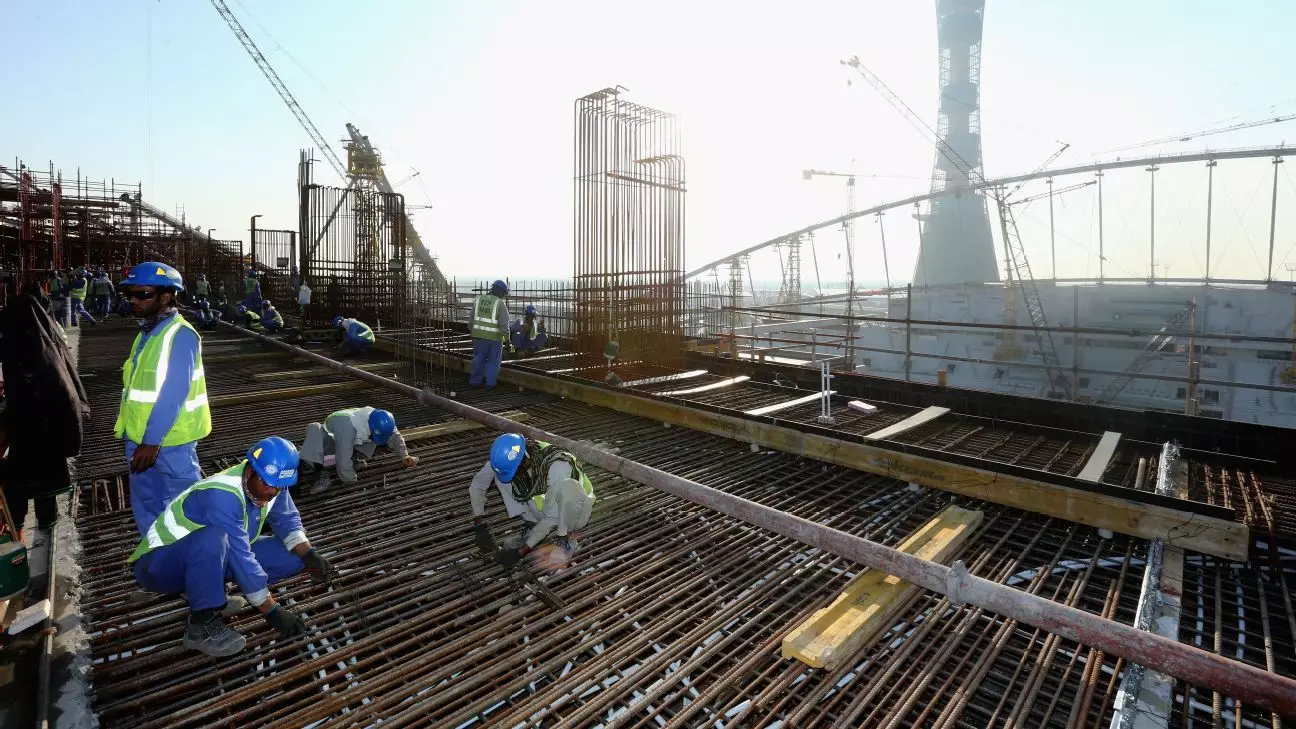In a groundbreaking move, FIFA has unveiled a $50 million legacy fund aimed at supporting various social initiatives, in partnership with Qatar, the World Health Organization (WHO), the World Trade Organization (WTO), and the UN Refugee Agency (UNHCR). Announced on a Wednesday in late 2023, this initiative hails from commitments made by FIFA following the 2022 World Cup, where they pledged that proceeds from the tournament would be redirected to aid vulnerable populations worldwide. While FIFA is often criticized for its business-focused approach to global football, this fund represents a noteworthy pivot toward addressing pressing humanitarian issues.
FIFA President Gianni Infantino emphasized the fund’s expansive reach, focusing not only on immediate support for those affected by crises, but also on long-term initiatives targeting education, health, and football development. By allocating approximately 1% of the commercial revenue generated from the 2022 World Cup, FIFA aims to ensure that the benefits of the tournament extend far beyond the confines of stadiums. This commitment signals a shift in priorities, placing social responsibility at the forefront of FIFA’s agenda, a direction that many believe is overdue.
Moreover, one of the significant areas of focus is the healthcare needs of high-risk individuals in extreme heat conditions, particularly pertinent in Qatar’s climate. The collaboration with WHO on the “Beat the Heat” initiative aims to mitigate health risks posed to vulnerable populations during such weather extremes. Critics of Qatar’s track record regarding labor conditions have raised alarms about foreign workers’ treatment, and this initiative could serve as a means for FIFA to address these concerns proactively.
In an era marked by widespread displacement due to conflict and persecution, FIFA’s partnership with UNHCR promises invaluable support for refugees. The agency highlighted how the legacy fund could enhance access to essential services, thereby offering tangible hope to those enduring hardships. As UN High Commissioner for Refugees, Filippo Grandi, articulated, the fund seeks to bring real change to the lives of uprooted individuals, bolstering their ability to rebuild their lives with dignity.
Furthermore, FIFA’s commitment to empowering women entrepreneurs via the Women Exporters in the Digital Economy (WEIDE) Fund aligns perfectly with contemporary global efforts to promote gender equality. By committing $16.6 million to support this initiative, FIFA is not merely contributing to a fund but actively engaging in promoting economic growth for women in the digital realm.
On the football front, the legacy fund further entices budding athletes. The collaboration between Qatar’s Aspire Academy and FIFA’s Talent Development Scheme, spearheaded by renowned football figure Arsène Wenger, is poised to identify and nurture young talent in underserved regions. This facet of the fund holds the promise of expanding football’s reach and inclusivity, potentially reshaping the sport’s future demographic landscape.
Overall, FIFA’s $50 million legacy fund represents a significant commitment to social responsibility in response to the wider expectations of global sports organizations today. By addressing urgent humanitarian concerns, supporting refugees, empowering women, and fostering talent development, FIFA can redefine its legacy beyond the commercial lens and contribute to meaningful social change. While skepticism remains regarding the true impact of such initiatives, the potential for positive outcomes is undeniable.

